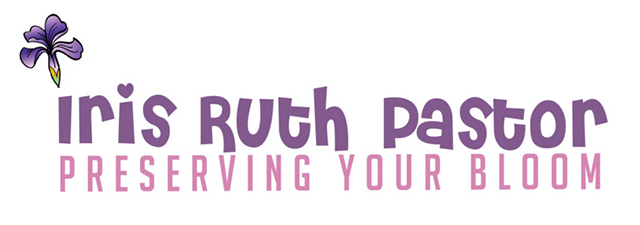My mother has been gone eight weeks. Her kitchen cabinets are still fairly well stocked, but I noticed when I went to refill the salt shaker she was out of salt. And the three packages of Pepperidge Farm shortbread cookies that were always tucked away in the small pantry were eaten days ago.
By and large, though, the apartment where my mom last lived looks the same. The walls still have her paintings and the couches are where they always have been – and as uncomfortable as ever. And she still has six rolls of toilet paper in the bathroom closet and plenty of sharpened pencils and Scotch tape in her black desk drawer in the spare bedroom. But there’s no Cincinnati Reds pennant adorning the front door to her apartment – a pennant that has hung there throughout every baseball season that she has lived there.
I know she is gone, but I still feel her presence when I come back to her apartment. And there is something comforting about being where my mom spent her last years – even though I know many of her days were tinged by the frustration of not hearing and the loneliness of not having her children nearby.
Before her lease expires in July, my sister and I will begin the task of sorting through her belongings and thoughtfully try to give to each family member what they deem most fitting and fair. The shelves will be emptied. The clothes donated. Her curio cabinet will be shipped to Washington. Her garbage can full of photos will arrive in Virginia. And her wrought iron kitchen table and chairs will go to Tampa. Her physical apartment will no longer exist. It is a wrenching thought.
Before I can even fully process that scenario, I receive distressing news from Michigan. My beloved first cousin, age fifty-six, is in full blown health crisis mode. Diagnosed with Stage Four Lung Cancer, he is scheduled to begin aggressive chemotherapy. Before the first treatment, he suffers three successive strokes that paralyze him from the neck down, blind him and most probably rob him of his ability to think. Chemotherapy is put on permanent hold.
On the spur of the moment, my husband and I fly to Detroit to see him one last time. We sit with his three sisters and his mom and dad, intermittently telling stories of past happier times or lapsing into sad silence. We wring our hands. We scrutinize every rogue movement of his body. We analyze his various breathing patterns. And we wait for the inevitable.
I simply can’t comprehend the scenario I am witnessing. We laughingly referred to my cousin as “Mr. Organic.” He ate in such a healthy way. He understood the intricacies of vitamin supplements. He practiced integrative medicine. Worked out regularly. Neither smoked nor drank nor ate junk food to excess, if at all.
Just a few days ago, my cousin was released from the hospital and taken by ambulance to his oldest sister’s home. In a hospital bed, sedated by morphine, surrounded by his sisters, Wednesday morning he drew his last breath. He will be buried today.
I already miss his creativity, his verve for life, his enthusiastic embracing of all things involved in community theatre. The joy he brought to our family was immeasurable when he produced a documentary on my dad and his World War ll experiences as a ball turret gunner on a B -17 Flying Fortress.
There has been so much sadness in such a short period of time. Too many sleepless nights. Too many strange hospital corridors. Too many dire diagnoses. Too many IV poles and morphine drips. First for my mother. Now for my first cousin.
I wonder how you “Preserve Your Bloom” in the wake of so much loss.
Four things comfort me:
- Judith Viorst in her book Necessary Losses says: “Loss is an inevitable part of life.” That helps me accept the realities of my loved ones’ mortality and blocks that “poor me, why me” mindset.
- My mother would have advised me: “All that you are feeling has been felt before.” Those closest to us at some point leave us. Our feelings of loss, anger, and sadness are all part of the universal experience of living amongst people who matter to us.
- And from my dad —who always put a humorous spin on things – he would have reminded me: “Don’t let life make an old lady out of you, kiddo.” I take that as a directive to roll with the punches and practice self-care.
- And from a very wise friend – who capsulized moments with great clarity – she would direct me: “Don’t short circuit the grieving process. Don’t leap frog over the messiness.”
So, we will go to the funeral. We will go to the cemetery. We will go to the memorial services. And we will carry with us his fully engaged essence – remembering him when the leaves burst into bloom, when the summer heat sizzles the sidewalk, when the trees shed their leaves and when the snow blankets the streets. And we will treasure greatly his ever-lasting contributions to our family’s history. And the memorable moments we shared.
So, here’s to finding the strength to get through the rough times. And here’s to possessing the smarts to recognize that the rest of the time we should take full advantage of whatever resources we have to fully enjoy life’s pleasures.
How have you healed after a loss?
– Iris
